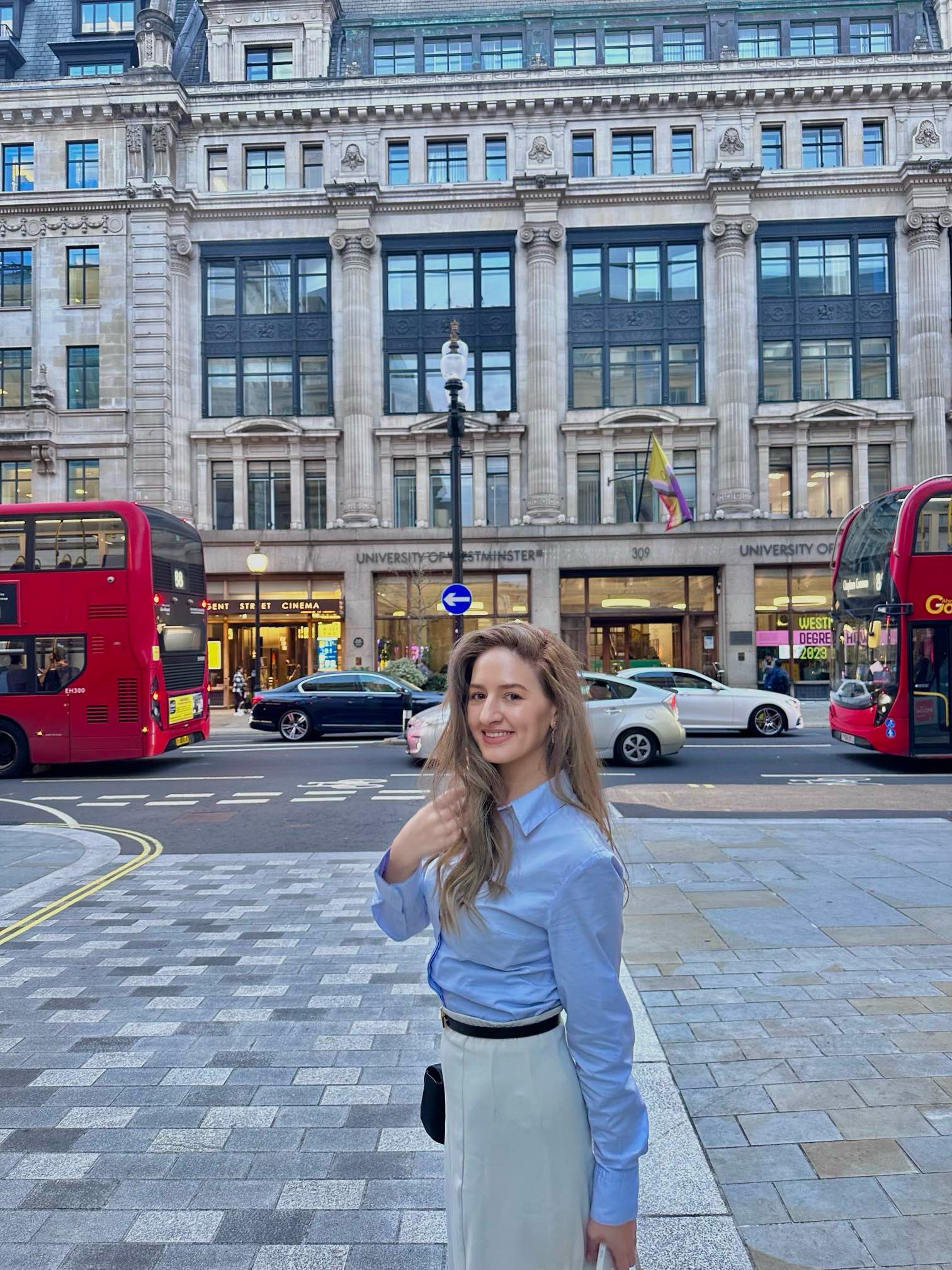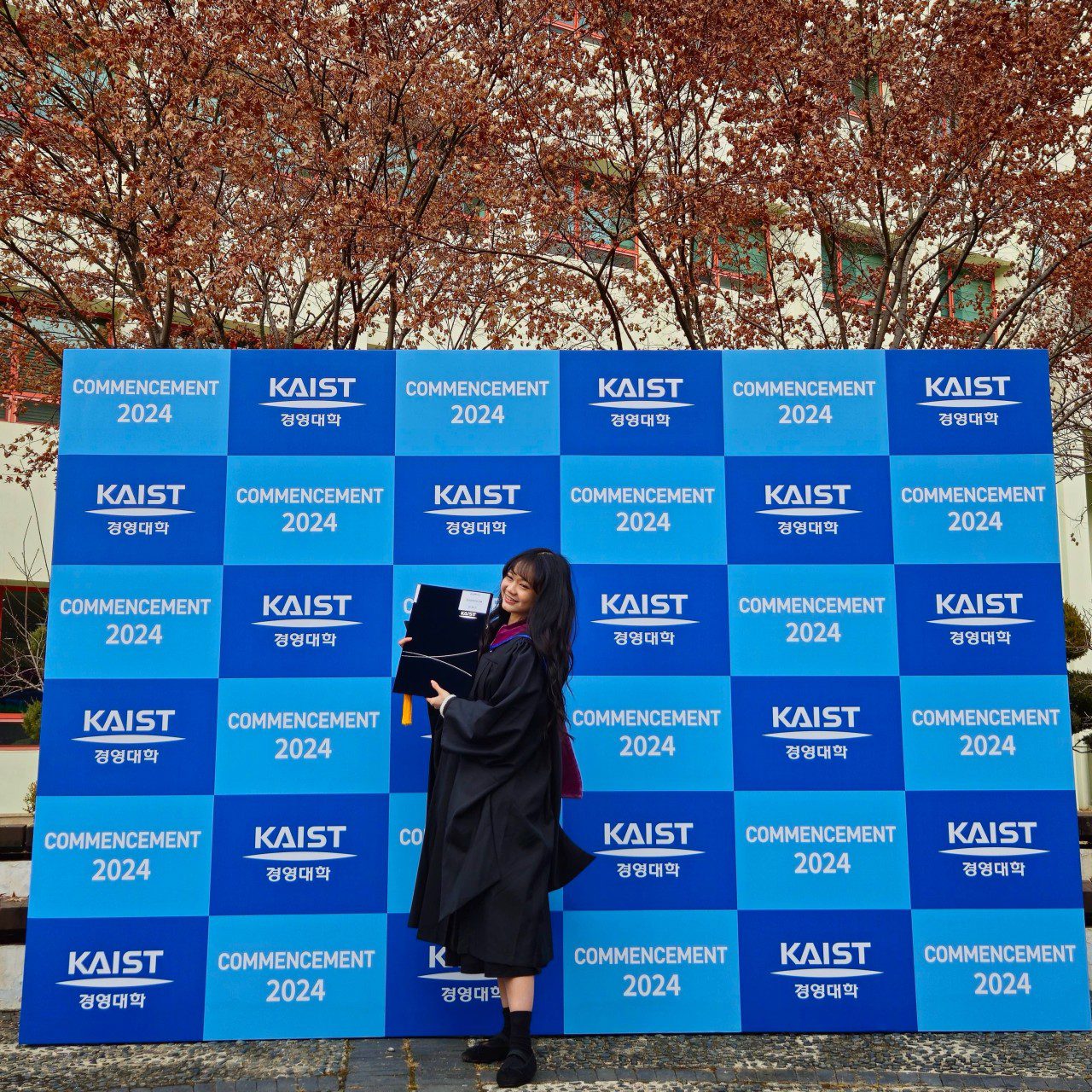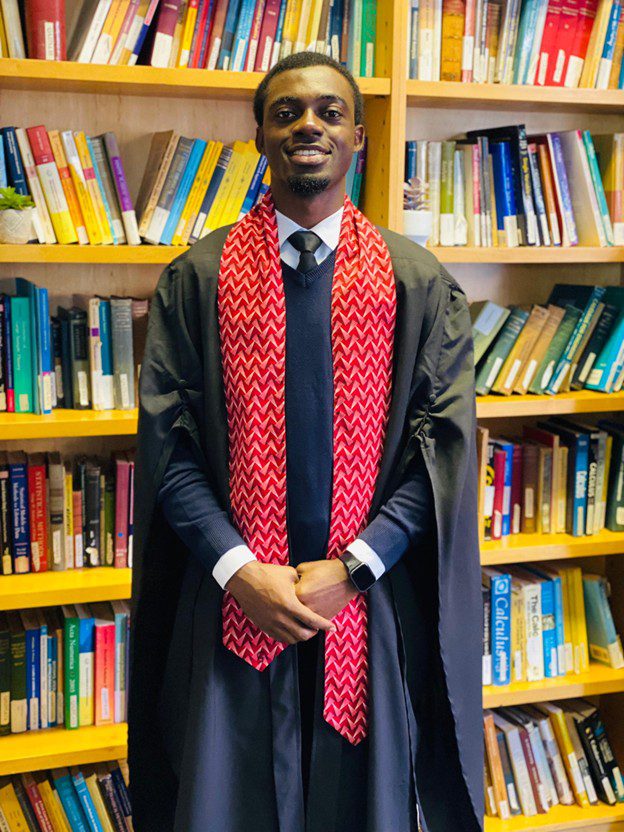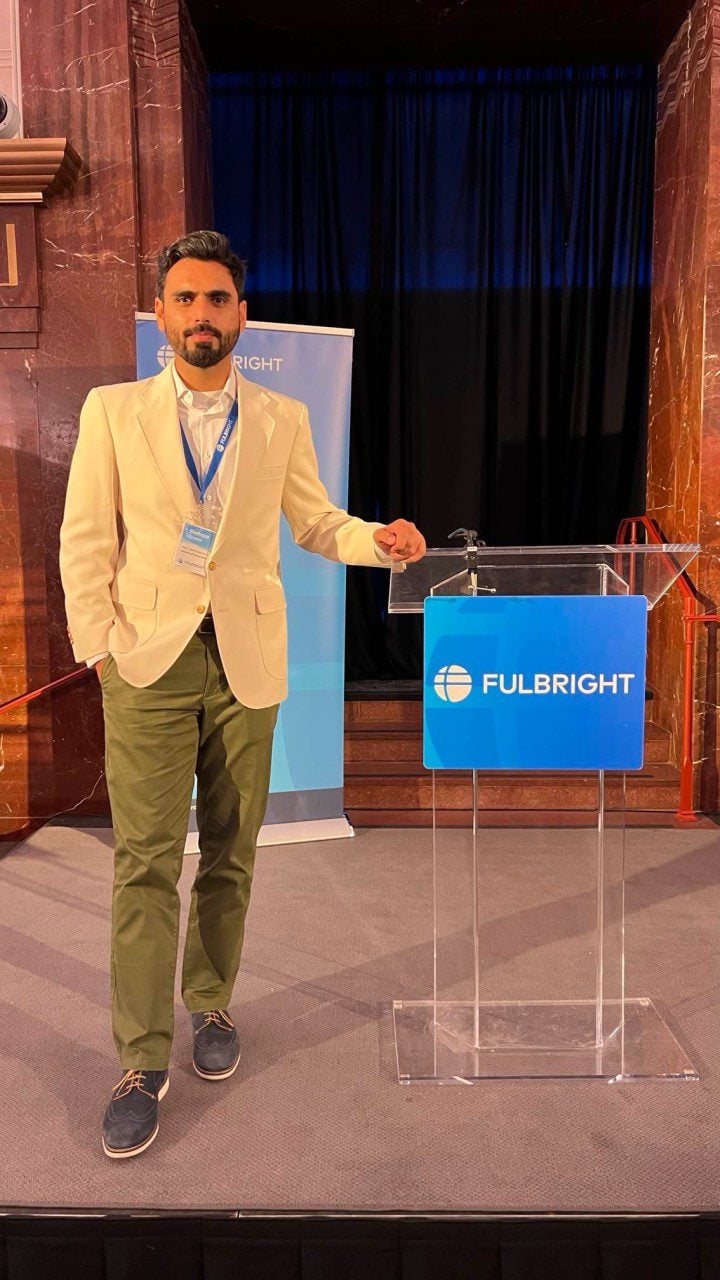How an Armenian Student Secured the Fully Funded Chevening Scholarship for Her LLM in International Law at the University of Westminster
University: University of Westminster
Degree: LLM in International Law
Scholarships Offered: Chevening Scholarship
Previous Education:
- BA in International Relations, Yerevan State University, Armenia (GPA: 18.6/20)
- MA in International and European Law, Yerevan State University, Armenia (GPA: 19.7/20)
Social Media:
LinkedIn: linkedin.com/in/mijerita-khachatryan/

The Journey
I am Mijerita Khachatryan from Armenia, a small and beautiful country in the South Caucasus. I completed my LLM in International Law at the University of Westminster in London through the Chevening Scholarship in 2022–2023. The decision to further pursue a degree in the UK had multiple layers. First, I was deeply interested in international law as a legal dimension, given my background in international relations and my curiosity about how these relations operate. Studying international law allowed me to deepen my understanding of how these relations are governed. Then, the core reason was my interest in exploring the tools that international law offers to address international conflicts and find solutions to various legal challenges. Coming from a country with a long-standing conflict with a neighboring state, this field felt particularly of personal interest to me. Just before I applied, my country experienced a full-scale war, resulting in the loss of many young lives, including people I knew personally. This deeply affected me, and I didn’t want to accept that military solutions prevail anyway. I chose to specialize in international law to identify non-military, legal paths toward conflict resolution. Since there were limited opportunities to advance my academic background in international law in Armenia, I decided to study abroad to gain an international academic experience and expand my knowledge and expertise.
Chevening Scholarship Details
When I clearly decided to pursue an LLM degree in the UK, I knew I couldn’t do it on my own. I couldn’t afford to pay the tuition fees for studying in the UK, let alone cover the living expenses. Thus, Chevening was the best scholarship option to me. I applied for Chevening and was awarded a full scholarship, which covered my tuition fees and provided a monthly stipend for living expenses. The stipend amount varies depending on the city. For example, it is slightly higher for those studying in London and lower for other towns. It may also be adjusted in cases of significant price increases. Additionally, my university, the University of Westminster, being a Chevening partner, waived £3,000 of the tuition fee for me, as this is part of an agreement Chevening has with its partner universities in the UK.
Educational Background
I obtained my BA in International Relations from Yerevan State University and later completed my MA in International and European Law, also at Yerevan State University. My BA allowed me to explore a wide range of topics, broadening my perspective and deepening my understanding of international issues. I graduated with honors, achieving a GPA of 18.6 out of 20. Following this, I pursued my MA in International and European Law, which sparked my passion for international law. Although the program was broad, it was captivating and laid the foundation for my interest in the field. I graduated with honors again, achieving a GPA of 19.7 out of 20.
I believe that my academic success has played a significant role in my path toward receiving a scholarship and studying abroad, as both the institutions and the scholarship program have certain criteria related to GPA. While I believe GPA is not always a perfect indicator of excellence, it does reflect qualities such as diligence, goal orientation, and an interest in learning. After realizing there were no further opportunities in Armenia to deepen my academic background in international law, I decided to pursue my education abroad. As it turned out, I graduated from the University of Westminster with distinction, too, earning a distinction for my dissertation as well.
How Did You Prepare to Apply to the University of Westminster?
First, I began by filtering universities based on several criteria. Although I didn’t have a legal background, I wanted to pursue an LLM degree in international law. Therefore, I focused on universities in the UK that offered LLM courses without strictly requiring a legal background. Next, I needed a Public International Law course that offered multiple modules covering different branches of international law, rather than being specialized in just one particular dimension. I researched and shortlisted universities, noting the required documents for each application. These typically included degree documents with diplomas and transcripts for GPA, reference letters from academic institutions, a personal statement, an English test certificate, and other documents, depending on the specific university. Each university has its own eligibility thresholds, such as the required GPA and English test score. I carefully reviewed these requirements, then drafted personalized statements for each university and course. After gathering all the necessary documents, I applied for the courses through their online platforms.
For my university applications, I only needed to submit an English test score. I selected TOEFL because I was already familiar with its format. I had practiced for the TOEFL about 1–2 years before I applied, dedicating around 2 months to preparation. I believe that if you know the language, you just need to familiarize yourself with the test technique, and that’s it. When I decided to apply to universities, I practiced on my own for about 20 days before taking the test, and I achieved my desired result on the first attempt. However, I wasn’t fully satisfied at the time. For example, I struggled with time management in the reading section—I didn’t even have time to read the last 2–3 questions. Time pressure was a challenge throughout the test. Nevertheless, I achieved the score I needed for the university and decided not to retake the test.
How Did You Prepare to Apply for the Chevening Scholarship?
This is actually one of the most memorable and interesting parts of my life. At that time, I didn’t have a job, so I was able to dedicate all my time to preparing for the scholarship. First, I woke up early in the morning, as it was quite warm during those months—August and September—and I was spending time in my hometown in Armenia. I would sit outside in the fresh air and sunlight, working on my desk research. The calm environment was really important for me. I would say that the most crucial part of the preparation was the research. I did a lot of reading, watched YouTube videos for Chevening tips, and explored many resources to accumulate knowledge before preparing my application. I also reached out to previous Chevening alumni for advice and tips. This was an essential step, as having a mentor who can guide you through the process is incredibly helpful. So, if you want to take this path, make sure to build strong connections with Cheveners. Then, I began working on my essays—writing, deleting, paraphrasing, coming up with multiple examples, and then refining them by keeping only the most impactful ones. This process took a lot of time, and it involved continuous revisions. In total, I spent about 2.5 months working devotedly on my application. Finally, I submitted and uploaded all my documents and essays about 3–4 days before the deadline, and that was it.
What Do You Think Made Your Application Stand Out?
First of all, I would say that my thorough research, meticulous work on the application, and strong determination to succeed played a significant role. While I can’t say for sure what exactly made me stand out, I believe that if you genuinely work hard and put your sincere and honest thoughts on paper, it becomes evident to the reader.
In my application, I explained everything honestly: why I chose those universities, why I decided to go with Chevening, why Armenian education alone was not enough for me, and how I see myself working and contributing to my homeland. However, the written application can be deceptive, so it’s important to maintain the same image during the interview. For me, the Chevening interview was one of the best experiences. I remained calm and composed throughout, simply sharing my story and having a conversation with the panel, rather than feeling it was a formal interview. I didn’t feel any pressure or the need to impress; it felt more like a natural exchange.
What Would You Have Done Differently If You Were Going Through the Process Again?
To be honest, I can’t think of anything I would do differently at the moment, as everything seems to have gone well. I could have made different choices and not succeeded, so I feel that the way things unfolded was right for me. I wouldn’t change anything because I’m unsure how any changes would have affected the outcome. 😊
What Advice Would You Give Those Looking to Apply for a Similar Scholarship?
Surround yourself with people who have already received the scholarship, talk to them often, and do extensive research. Get really familiar with the scholarship, because missing any detail could lead to mistakes that might cost you the opportunity. The key is doing thorough research and understanding the scholarship inside and out—what it entails, the requirements, the conditions, what is expected of you, and what you need to consider. And stay persistent!
Want to submit your
scholarship journey?
Submit Your Story Here!
More Scholarship Recipients

My name is Vania Estrellita Soegiarto, and I am from Indonesia. I pursued a Finance MBA at KAIST Business School in South Ko .... Read more

Hello, I’m Toyeeb Olamilekan Abubakar from Nigeria. I earned a Bachelor of Science degree in Statistics from the Universit .... Read more

My name is Shehryar Jafar, and I’m from Karachi, Pakistan. I’m currently a PhD student in Electrical Engineering at the .... Read more

Leave A Comment